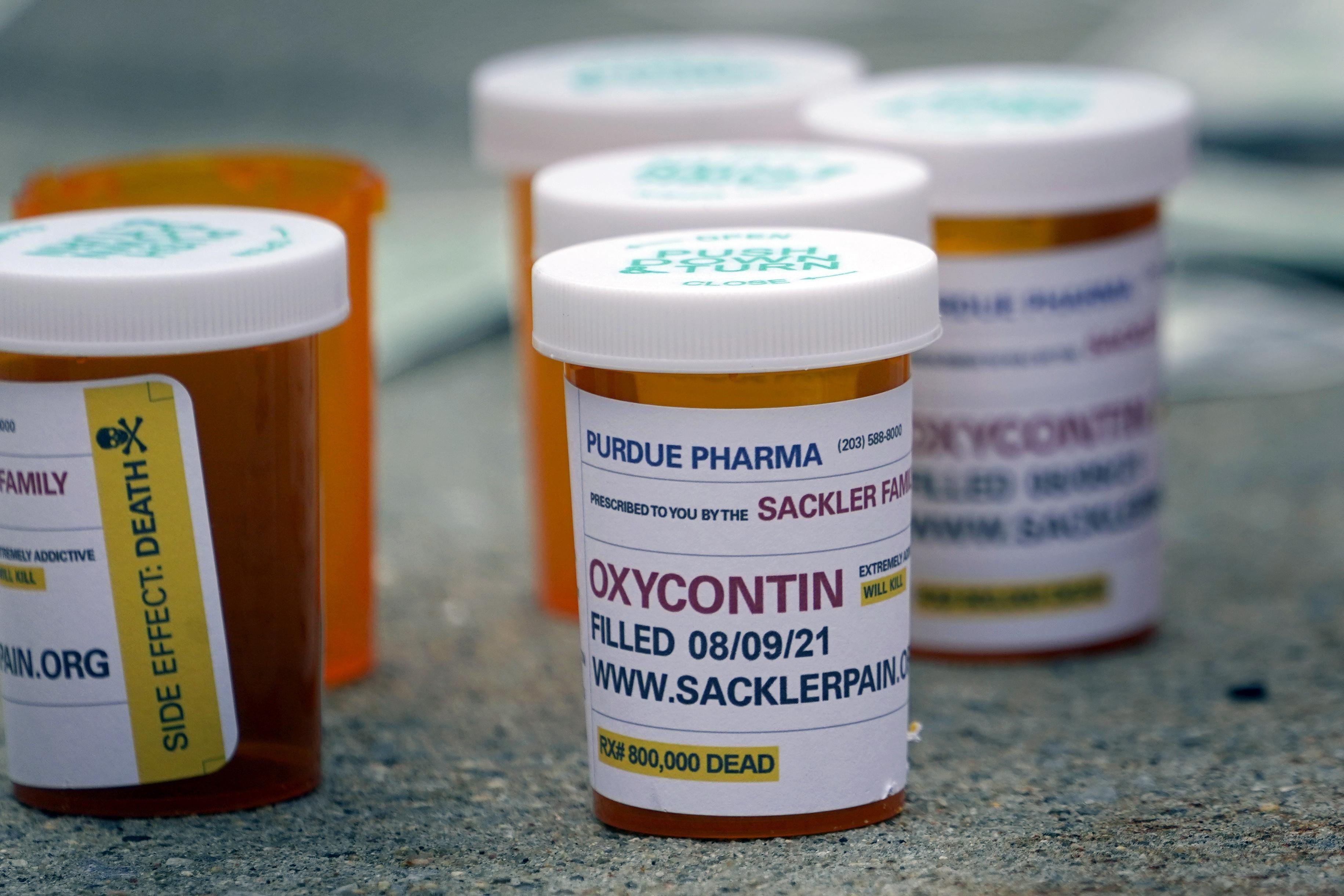The 37-member council includes state officials, health professionals, law enforcement leaders, and people with lived experience of addiction. Currently, more than $70 million in settlement funds are under their purview that have to be spent on abatement, things like treatment, prevention and recovery programs.
“We must treat this like the public health emergency that it is,” said Dr. Daniel Edney, Mississippi’s state health officer and co-vice chair of the council. “These funds need to reach the people doing real work on the ground.”
The settlement money is the result of lawsuits filed against companies that contributed to the opioid epidemic by aggressively marketing addictive painkillers. Mississippi began receiving payments in 2022, and payouts under current settlements will continue through 2040. The state has received over $84 million so far, with roughly $73 million earmarked for opioid abatement projects.
Under the terms of the settlements 70% of the state’s opioid funds will be managed through the advisory council’s grant process. Another 15% is going directly to cities and counties, while the remaining 15% can be spent at the Legislature’s discretion.
“This money is not here to fix potholes or fill budget gaps,” said Mississippi Attorney General Lynn Fitch, the council’s chair.
Wednesday’s meeting was focused on ironing out the council’s rules and procedures, but later this year they will begin reviewing grant applications for abatement projects and then make recommendations to the Legislature, which gets the final say on what projects are funded.
Senator Nicole Boyd of Oxford, a non-voting member of the council, says the state needs to take a comprehensive approach to tackling the opioid addiction crisis because it’s not going to be solved by just locking up drug dealers.
“We've got to hopefully prevent it before somebody becomes addicted, but then once somebody is addicted, we can't throw those individuals away,” Boyd said. “We have got to make sure that we are providing the appropriate supports to get them back in society, to get them working.”
The council discussed using a scoring rubric to evaluate grant applications based on community impact, sustainability and need. Some members pushed for flexibility in the payment structure so smaller groups without upfront cash can still compete for funding. Others stressed strong oversight to ensure funds aren’t misspent.
Mississippi Supreme Court Chief Justice Mike Randolph, a voting member, cautioned that some people know how to exploit grant systems. He told the council they must carefully vet applicants and hold them accountable.
Dr. Saurabh Bhardwaj is the president-elect of the Mississippi Society of Addiction Medicine and one of the council’s advisory members. He says there are a lot of great evidence-based treatment options out there for substance abuse disorder, and the council just needs to help make them available to more people.
“There are people who are not able to get treatment because there's a lack of access to clinics or programs that the state does not have right now,” Brhardwaj said. “And it's local small organizations that are trying to get funding to start them. That's why we're here.”
Mississippi has one of the highest per capita rates in the U.S. for both dispensed opioid prescriptions and drug overdoses.
Next steps for the council include finalizing the grant application, scoring rubric and a list of funding priorities. The council is required to submit a ranked list of recommended grant recipients to the Legislature in December. The first round of awards could go out in early 2026.




